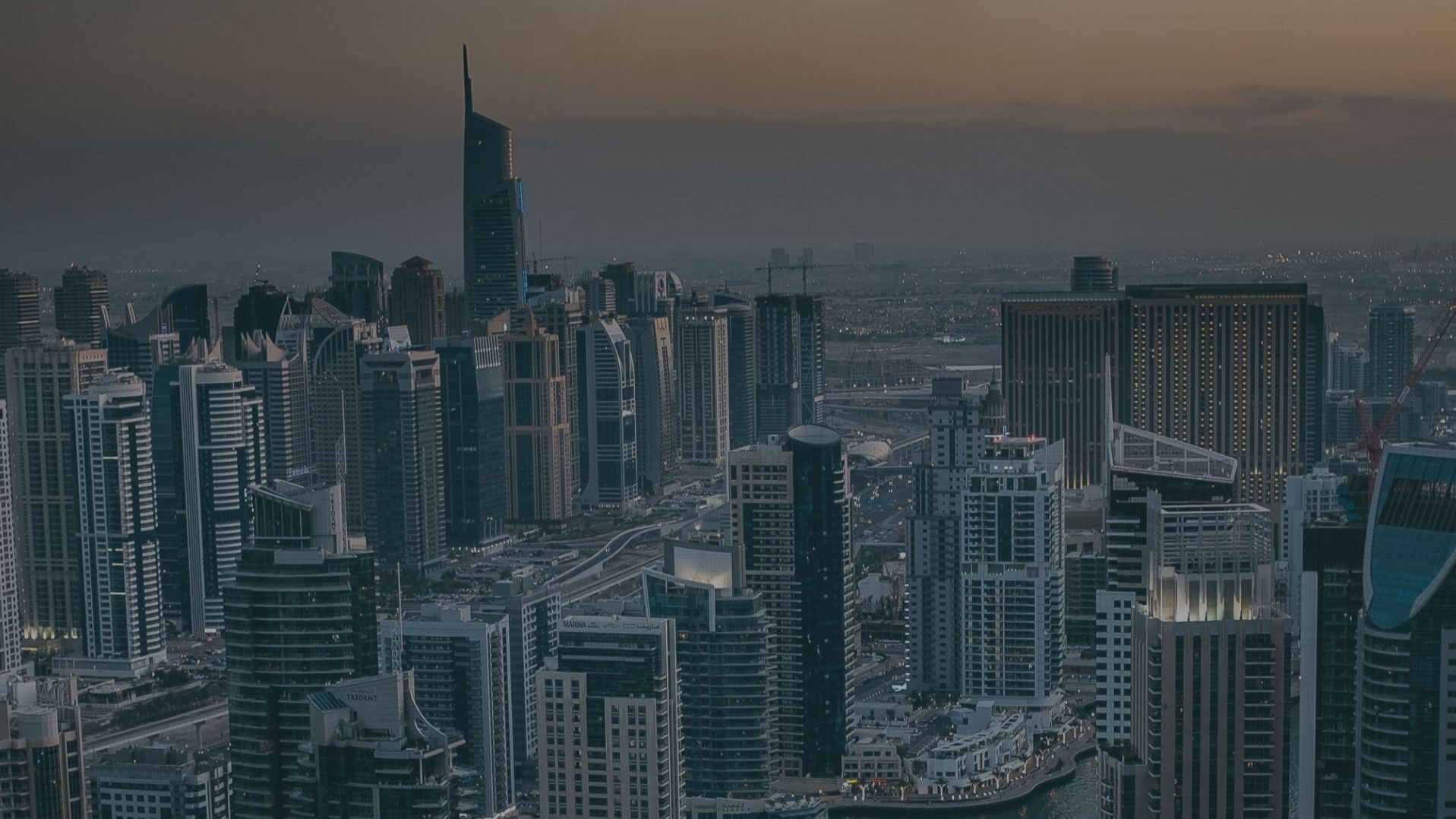In a recent development, GCL-Poly is set to establish a cutting-edge silicon material factory in the Middle East, with a projected annual production capacity of 120,000 metric tons. The company aims to commence operations as early as 2025, according to GCL-Poly’s Co-CEO, Lan Tianshi, during an exclusive interview with Bloomberg TV host David Ingles.
Lan Tianshi emphasized the advantages of choosing Saudi Arabia as the location for this venture, citing the country’s mature infrastructure and extensive industrial manufacturing experience. He further noted that Saudi Arabia’s abundant sunlight resources make it an ideal candidate for transitioning from an oil-centric economy to a solar energy production hub. Lan Tianshi also hinted at the possibility of establishing similar footholds in other countries, such as Cambodia, but Saudi Arabia clearly stands out as the prime choice.
GCL-Poly has already made significant strides in Saudi Arabia, initiating the registration process and deploying an on-site team of approximately 12 personnel to engage in fruitful discussions and collaborations with local authorities and the Royal Commission.
This momentous development comes on the heels of President Xi Jinping’s visit to Riyadh in December 2022, with a primary focus on expanding energy cooperation between China and Saudi Arabia. During the visit, leaders from both nations explored investment opportunities and discussed mutual interests in regional and international development.
On August 24th of this year, the 15th BRICS Summit officially extended invitations to Saudi Arabia, Egypt, the United Arab Emirates, Argentina, Iran, and Ethiopia to join the BRICS family. This further underscores the growing energy cooperation between China and Saudi Arabia.
According to Bloomberg reports, Lan Tianshi, along with GCL-Poly’s management team, has embarked on a mission to expedite the project’s implementation in Saudi Arabia and Qatar. Lan Tianshi also mentioned that GCL-Poly is considering expansion into Australia and Mexico, thereby entering the North American market.
In addition, Arab News reports that negotiations between GCL-Poly Group and Saudi Arabia have entered the advanced stages, describing it as a “crucial step for both countries to expand energy cooperation beyond traditional oil relationships.”
Silicon Material Prices Return to Normalcy in 2023
Despite silicon material prices returning to normal levels in 2023, Chinese photovoltaic companies continue to import silicon materials from Germany within the current price range. Therefore, if GCL-Poly’s plans come to fruition, it will mark the first overseas venture for a Chinese silicon material company. Importantly, this move represents an expansion of silicon material production capacity, not just product exports.
Saudi Arabia’s Ambitious Solar Industry Expansion
As early as June this year, Saudi Arabia embarked on a whirlwind journey of engagement with several leading Chinese photovoltaic and new energy companies, actively promoting investment and factory construction by Chinese firms in Saudi Arabia. The scope of their ambitions is substantial. On May 25th, TCL ZHONGHUAN announced a partnership with Saudi Vision Industries Company to establish a joint venture and build a photovoltaic crystal chip factory in Saudi Arabia. This venture positioned TCL ZHONGHUAN as the first silicon wafer company to enter the Saudi market. Back then, an industry veteran believed that Saudi Arabia had ambitious plans to develop its photovoltaic industry beyond solar power stations and establish a complete photovoltaic manufacturing ecosystem. Now, it appears that GCL-Poly and other companies are poised to make significant breakthroughs in silicon material production in Saudi Arabia. In the not-so-distant future, every facet of the solar industry in Saudi Arabia may have the participation of top-tier photovoltaic companies, covering the four major components: silicon materials, silicon wafers, cells, and modules.
It’s worth noting that Vision Industries’ shareholder, Abunayyan, has been highly active in China, with its subsidiary, ACWA Power, engaging in business exchanges and collaborations with several Chinese companies. According to a June 2019 announcement by China’s Ministry of Commerce, ACWA, a Saudi power and desalination supplier, agreed to partner with the Silk Road Fund, with the fund holding a substantial 49% stake in ACWA’s renewable energy subsidiary. The Silk Road Fund was established with contributions from China’s foreign exchange reserves, China Investment Corporation, China Exim Bank, and China Development Bank, following the principles of marketization, internationalization, and specialization, as outlined in the Company Law of the People’s Republic of China. In 2022, ACWA signed Memoranda of Understanding (MOUs) with nine Chinese companies to support their financing, investment, and construction of projects in Saudi Arabia and Belt and Road Initiative countries.
These nine companies, comprising six state-owned enterprises and three private enterprises, include: Industrial and Commercial Bank of China, Bank of China, State Power Investment Corporation Limited, State Grid Corporation of China, China Energy Engineering Corporation, China National Offshore Oil Corporation, Jinko Solar, Solargiga Energy, and Jolywood. Notably, Jinko Solar, Solargiga Energy, and others have recently secured significant contracts in Saudi Arabia.
Furthermore, Hong Kong-based companies are also exploring investment opportunities in Saudi Arabia. Li Ka-shing’s son, Victor Li, Co-Chairman and Managing Director of CK Hutchison Holdings, is betting on Saudi Arabia’s green economy. According to The Washington Post, Li’s gas distribution company, Hong Kong and China Gas (Towngas), is studying the feasibility of establishing a clean energy manufacturing base in Saudi Arabia.
Saudi Arabia, known for its abundant oil resources, is utilizing its substantial investment capital to construct the world’s largest green hydrogen plant in NEOM, a futuristic city being built on the Red Sea, with an estimated cost of $500 billion.
